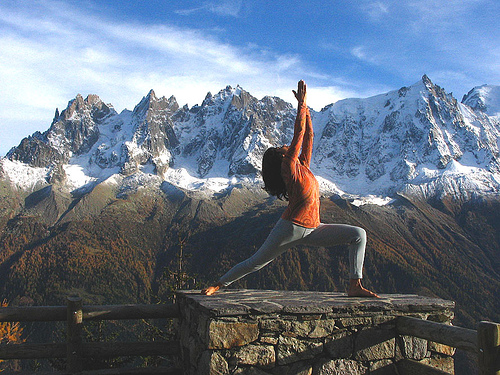Physical Well-Being and Body Image
 Self Esteem – Physical health and a sense of personal wellness, vitality, and robustness comprise one of the most important foundations of self esteem. It’s often difficult to feel good about yourself when you’re feeling physically weak, tired, or ill. Current evidence points to the role of physiological imbalances – often caused by stress in the genesis of panic attacks, agoraphobia, generalized anxiety, and obsessive-compulsive disorder. Upgrading your physical well-being will have a direct impact on your particular problem with anxiety as well as contribute substantially to self esteem.
Self Esteem – Physical health and a sense of personal wellness, vitality, and robustness comprise one of the most important foundations of self esteem. It’s often difficult to feel good about yourself when you’re feeling physically weak, tired, or ill. Current evidence points to the role of physiological imbalances – often caused by stress in the genesis of panic attacks, agoraphobia, generalized anxiety, and obsessive-compulsive disorder. Upgrading your physical well-being will have a direct impact on your particular problem with anxiety as well as contribute substantially to self esteem.
The questionnaire below is intended to give you an overview of how you are doing in the area of personal wellness and how this might relate to low self esteem issues.
Am I exercising for at least one half hour three to five times per week?
Do I enjoy the exercise I do?
Do I give myself the opportunity to deeply relax each day through progressive muscle relaxation, visualization, meditation, or some other relaxation method?
Do I give myself at least one hour of “downtime” or leisure time each day?
Do I manage my time so that I am not perpetually rushed?
Do I handle stress or do I feel that it has control of me?
Do I give myself solitary time for personal reflection?
Do I get at least seven hours of sleep every night?
Am I satisfied with the quality and quantity of my sleep?
Am I eating three solid meals each day, including a good size breakfast?
Do I like my living environment? Is the place where I live comfortable and relaxing?
Does smoking tobacco interfere with my physical well-being?
Am I comfortable with my present weight? If not, what can I do about it?
Do I like my body and the way I appear?

